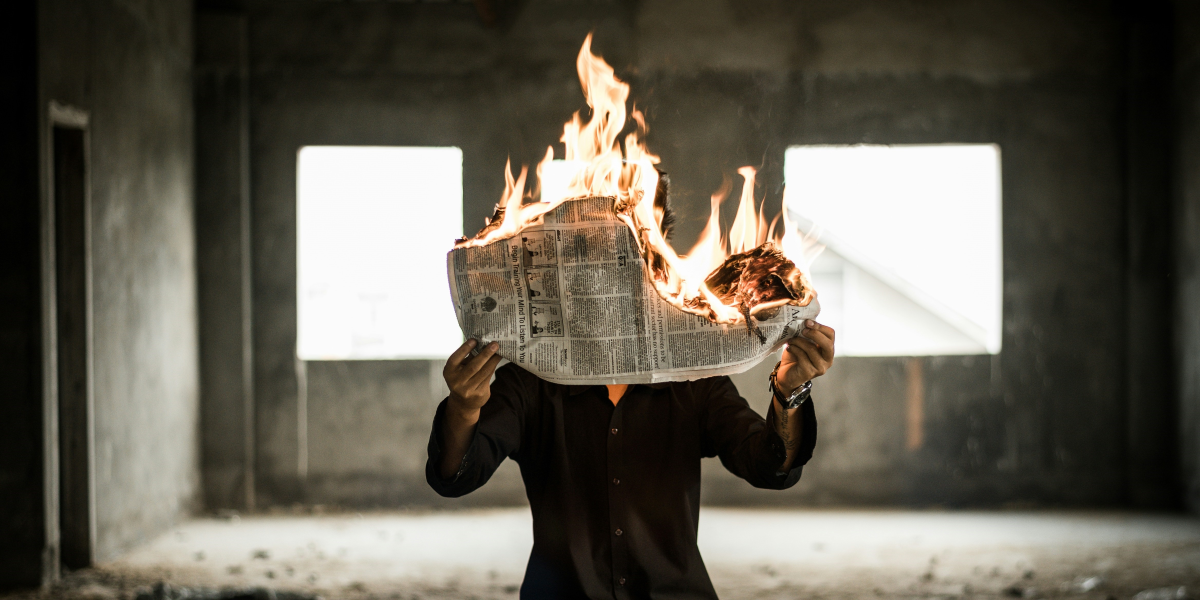America’s landscape isn’t just dotted with towns and cities; it’s riddled with mysteries. From chilling disappearances that leave no trace to spooky tales passed down through generations, every corner of the country seems to have its share of lingering questions and stories that blur the lines between fact and folklore.
Vanished Without a Trace
National mysteries hold a certain morbid fascination, especially when they involve famous figures. The uncertainty surrounding their fates becomes a public obsession, endlessly dissected on documentaries, podcasts, and online forums. We build mythologies around these cases because they shake our comfortable assumptions about the world.
But what about the disappearances that hit closer to home, the ordinary people who vanish amidst seemingly mundane circumstances? A familiar face gone from the local grocery store, the empty car found parked at a popular trailhead… these cases often haunt their communities for decades. Local newspapers run anniversary pieces, reminding residents that an answer never came, that someone’s family is trapped in agonizing limbo.
Without the notoriety of historical cases, these lingering mysteries don’t often receive national attention. Yet they can be even more unsettling because they strike at the core of our everyday sense of safety. If someone can disappear doing something as ordinary as walking their dog, or exploring a local landmark they’ve known all their lives, it suggests a level of randomness to the world that is deeply disturbing. “It’s the ‘it could happen to anyone’ factor that makes these cases so chilling for a community,” explains a criminologist specializing in missing person cases.
Haunted Histories
From spooky campfires to whispered tales on sleepovers, ghost stories are an essential part of American folklore. They seep into the very fabric of a place. Certain buildings gain reputations – the old hotel room where guests never feel truly alone, the stretch of road where a spectral hitchhiker eternally waits. These tales gain power through repetition, passed down from generation to generation.
Some ghost hot-spots become nationally notorious for their chilling histories. Places like the site of the Lizzie Borden murders, forever associated with that grisly rhyme, or battlefields like Gettysburg, where stories of lingering spirits draw paranormal tourism, become part of America’s dark landscape of legend. “Tragic events, especially those involving violence or injustice, often leave a psychic echo,” suggests a historian focusing on the supernatural in American culture.
Every town, no matter how small, seems to have its own share of ghostly lore. The jilted bride who wanders the cemetery, the mysterious glowing orbs deep in the woods… These tales are rarely about jump scares, focusing instead on a lingering melancholy, a sense of unfinished business. They become woven into how a community understands its identity, acknowledging the tragedies that lie beneath the surface of everyday life. “Sometimes, ghosts embody the secrets a town doesn’t like to speak out loud,” says a folklorist.
The Science of Belief
Let’s face it, there’s a primal thrill to the unknown, a dark curiosity that gets aroused by the unexplainable. Our brains, which crave order and predictability, find a strange sort of delight in being baffled. When confronted with a tantalizingly incomplete story, whether it’s a missing hiker or a spectral figure lurking in an old photo, we can’t resist trying to solve the puzzle and create our own narrative.
The slight jolt of fear a ghost story provides is oddly appealing. It’s the same reason people love roller coasters – a manufactured form of terror, experienced within a context that feels ultimately safe. Knowing you’re curled up on your couch, not lost in a haunted forest, allows you to enjoy the shivers and the thrill of uncertainty without true danger. “Spooky stories let us play with our fears,” explains a psychologist who studies the appeal of the macabre.
Mysteries and local legends have a way of bringing people together. Swapping ghost stories around a campfire or hotly debating theories about an unsolved disappearance creates a shared experience, deepening your connection to a place. They become part of the intangible heritage of a community, whispered tales that newcomers must be initiated into. “Belief in the supernatural is often less about the literal ghost or monster, and more about feeling like you truly belong somewhere,” says a social anthropologist.
True crime podcasts and amateur sleuthing groups are on the rise, fueled by a desire to solve cold cases that have baffled official investigations. Modern technology offers some new tools – DNA analysis has helped solve decades-old disappearances that would have once remained forever shrouded in mystery. Yet, for every case that ends with closure, ten more spring up to take its place.
Whether or not ghosts truly exist is up for endless debate. However, there’s a less literal way that places can be ‘haunted’ – by memory, unanswered questions, and the lingering sense of “what if.” Local lore serves as a reminder of these unresolved bits of history.
Intrigued to explore these mysteries further? Here’s how:
- Seek Out Local Legends: Libraries and historical societies are treasure troves of weird local tales. Look for books focusing on regional ghost stories or unexplained phenomena.
- Dig into Cold Cases: Online databases exist for missing person cases and unsolved crimes. Be prepared – some of these stories are deeply disturbing due to their real-life nature.
- Visit Notorious Sites (Respectfully): Many ‘haunted’ locations offer tours capitalizing on their spooky reputation. If visiting, be mindful of the real history often intertwined with the legends, particularly for places with a painful past.
- Keep an Open Mind: Embrace the ambiguity! The joy is in the mystery itself, the tingle of the unknown. Seeking definitive answers can sometimes rob the experience of its wonder and its chill.








